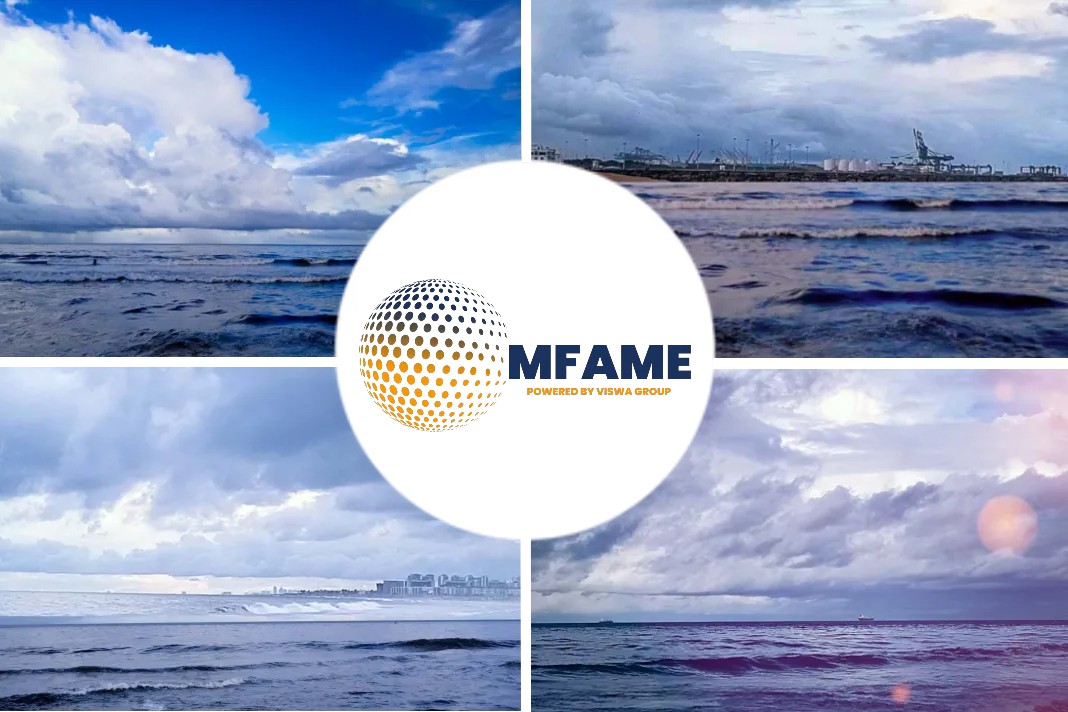- Some of the biggest names in chartering have vowed to make the details of their shipping carbon footprint public in a potentially enormous shake-up for sea transportation.
- International non-profit organization, Global Maritime Forum, announces a climate alignment with regard to shipping aspects.
- A group of the world’s largest energy, agriculture, mining, and commodity trading companies will assess and disclose the climate alignment of their shipping activities.
Sea Cargo Charter
The brand new Sea Cargo Charter sets a “new benchmark for responsible shipping, transparent climate reporting, and improved decision making in line with United Nations decarbonization targets”, according to a release from the Global Maritime Forum.
Global framework for the integration of climate
- The Sea Cargo Charter is a global framework that allows for the integration of climate considerations into chartering decisions to favour climate-aligned maritime transport.
- Founding signatories of the charter include Anglo American, ADM, Bunge, Cargill Ocean Transportation, COFCO International, Dow, Equinor, Gunvor Group, Klaveness Combination Carriers, Louis Dreyfus Company, Norden, Occidental, Shell, Torvald Klaveness, and Trafigura.
Common baseline
The charter establishes a common baseline to quantitatively assess and disclose whether shipping activities are aligned with adopted climate goals.
It has been designed to be in step with the policies and ambitions adopted by member states of the International Maritime Organization (IMO), including its ambition to reduce greenhouse gas emissions from international shipping by at least 50% by 2050.
“The Sea Cargo Charter enables leaders from diverse industry sectors to use their influence to drive change and promote shipping’s green transition by choosing maritime transport that is aligned with agreed climate targets over that which is not,” said Johannah Christensen, managing director of the Global Maritime Forum.
“A standard greenhouse gas emissions reporting process will simplify some of the complexities often associated with reporting. It will encourage a more transparent and consistent approach to tracking emissions, which will be a critical part of making shipping more sustainable,” said Jan Dieleman, president, Cargill Ocean Transportation and chair of the Sea Cargo Charter drafting group.
Smart Freight Centre
Smart Freight Centre, University College London Energy Institute/UMAS and Stephenson Harwood helped in the drafting of the landmark charter.
“The shipping industry as a whole needs to adopt a transparent approach, advocated by the Sea Cargo Charter, in order to fully understand the sector’s overall greenhouse gas footprint and for us to collectively rise to the challenges faced,” commented Rasmus Bach Nielsen, global head of fuel decarbonisation at Trafigura.
Grahaeme Henderson, global head of Shell Shipping & Maritime, urged the IMO to tighten up its 2050 goals.
IMO’s 2023 strategy
“Building on this momentum we would like the IMO to use its 2023 strategy review to set the trajectory for the sector to move to net-zero emissions by 2050,” Henderson said, heaping more pressure on the UN body, which is already reeling from the European Parliament’s decision to include shipping in the European Union’s carbon trading scheme.
17 of the world’s largest energy, agriculture, mining, and commodity trading companies are joining the #SeaCargoCharter and will for the first time assess and disclose the climate alignment of their shipping activities. Visit https://t.co/AJoVvIzD2E to learn more. pic.twitter.com/silAeORpBZ
— Global Maritime Forum (@glmforum) October 6, 2020
Did you subscribe to our daily newsletter?
It’s Free! Click here to Subscribe!
Source: Splash247
















